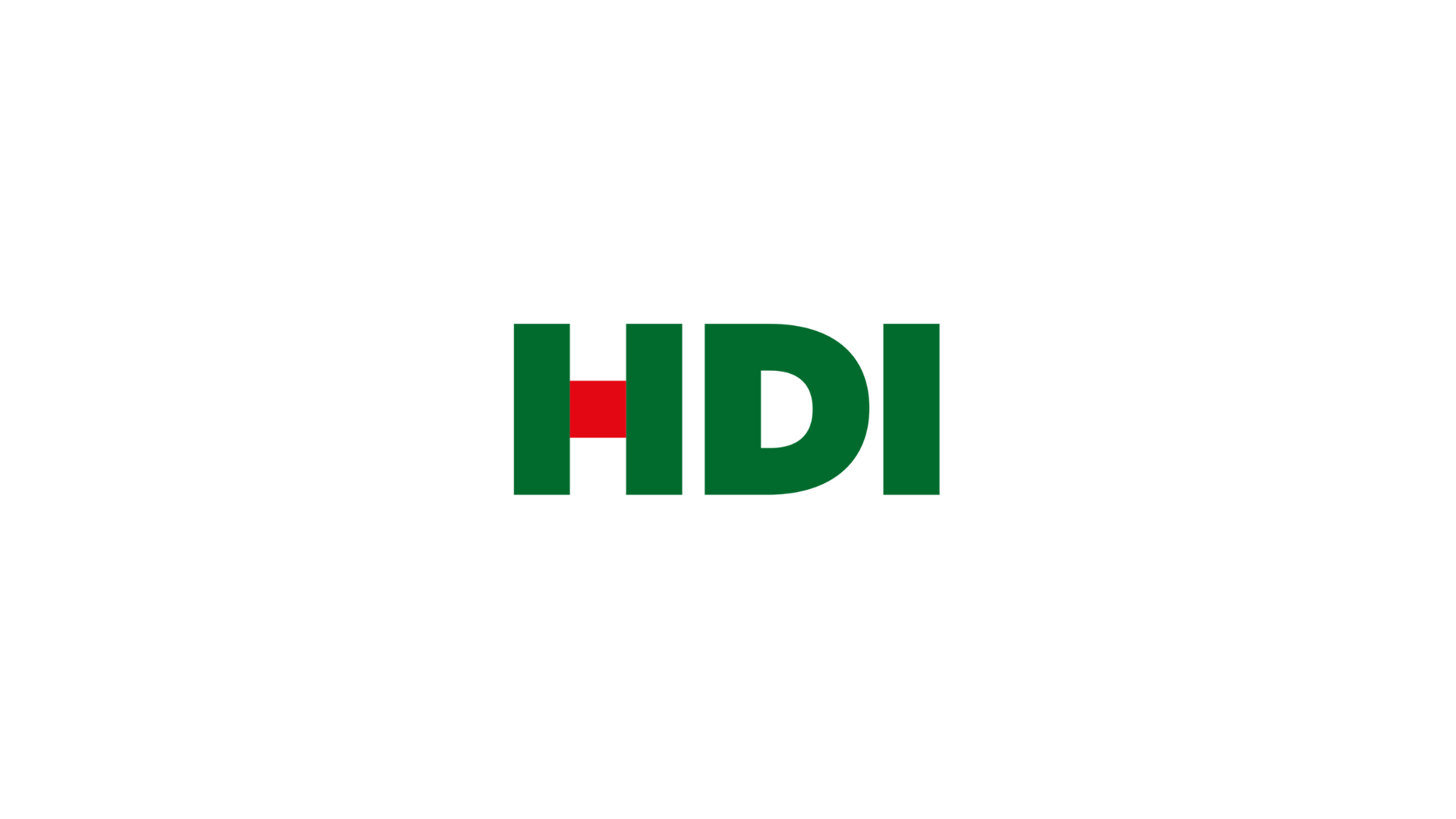Many of the team regularly work from home, including myself, which means for us, this shift to ‘full time remote working’ hasn’t been a massive change. But for many businesses, their hand will have been forced to enable their staff to work from home as we see coronavirus continue to disrupt our ‘normal’ working routine.
Of course, the remote working we are seeing and practicing now isn’t the same as one or two days at home a week—whole organisations are working remotely, with no human contact with colleagues and their industry networks, for the foreseeable future. And this shift will take some getting used to.
It’s been a week since social distancing and working from home was recommended here in the UK, and while I’m slowly finding a routine that works for me, what I have noticed in this first week is the important role video is playing in my remote working life.
Normally when I work from home, I will join all calls and internal team meetings by telephone. But for all internal team meetings (even with just one other person), CCGroup has been taking a ‘video first’ approach. I’ll admit the first call felt a little weird—normally, I would only ever video call my friends and family, and seeing my respective colleagues at home did feel a little odd—but after a couple of minutes, it felt no different to a normal conversation you’d have in the office. And from that first call, and the various video calls I’ve done since (including client calls), I really appreciate why video is so important during these times.
Of course, a voice call will never be inappropriate—but being able to see your colleagues, who you see and spend so much time with on a daily basis, brings a level of comfort at this uncertain time. This can be a lonely time for many and being able to see a friendly face takes away some of this loneliness. I’ve had a few virtual lunch dates, my first on the very first day of company-wide remote working with our Deputy Head of Telecoms Anais on Tuesday, as well as with friends from outside of CCGroup.
Video touches so many parts of our lives, other than just calling, and it’s interesting to see ways it is being used during this time. Of course, lots of industry events have been cancelled and if they’re not being postponed, they are being made virtual. I’m also seeing video is increasingly being used across social media sites such as LinkedIn and Twitter, where people are sharing video messages with their networks rather than posting a written update.
And then of course, you have the media and entertainment industry which is responding in different ways and giving consumers more options when it comes to consuming video content. Netflix has launched Netflix Party, which allows groups of people to watch something together and chat with your group while you watch, while Universal Studios have also announced that they are releasing films as rentals on the same day they are being released in theatres. Sky is allowing its customers to pause their Sky Sports subscriptions without any charges while all major sports events in the UK are being cancelled or postponed, while Sky Deutschland is giving customers access to Sky Cinema and Sky Entertainment for free for one month. The BBC has also boosted its box set collection.
Netflix and YouTube have also decided to switch to standard definition (SD) streaming across Europe, to lessen the strain on network infrastructure during this time. Last week, Vodafone reported a 50% rise in internet usage in some European countries. With more people working from home, children accessing educational materials online due to school closures, as well as more people accessing streaming sites like YouTube and Netflix, online gaming and using apps like House Party and FaceTime to socialise with friends, the move from YouTube and Netflix is sensible. It also begs the question that if the entire world is moving online, can the telecoms industry truly support it?
These are uncertain times we are living in, and our old friend video is helping bring some calm to the storm—whether that is video calling family and friends and making sure they’re OK; video conferencing our colleagues to bring a level of familiarity to the new remote working world we are finding ourselves in; as well as the video on our TV screens, that helps us to take our minds off of things and provides a welcome break to the news agenda.
I’ll be intrigued to see whether the use of video in the workplace will become the norm from now on. For me, I’d like to think that I’ll continue to use video conferencing even when we get to a stage where we are back working in offices and working from home is just once or twice a week. I think this ‘experiment’ of company-wide remote working will simply make working at home the norm, and will drive a welcome change for those businesses that have tried to resist offering the option to work from home. Many industries will have to adapt to this change, and when it comes to the video industry, as always, Netflix is taking a leading role in reacting and bringing new services to market.
And for anyone hesitant to give their colleagues a video call, then don’t be—it’s a time when we should be checking in on one another and making sure we’re all OK, and a friendly face, and one that we usually spend so much time is, isn’t one to be afraid of.
















